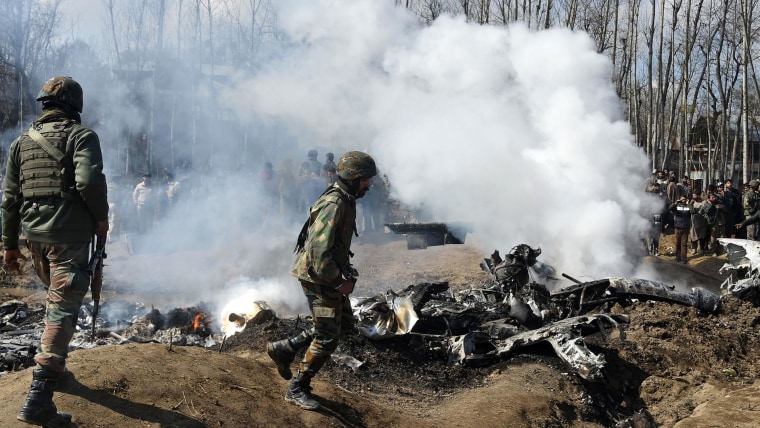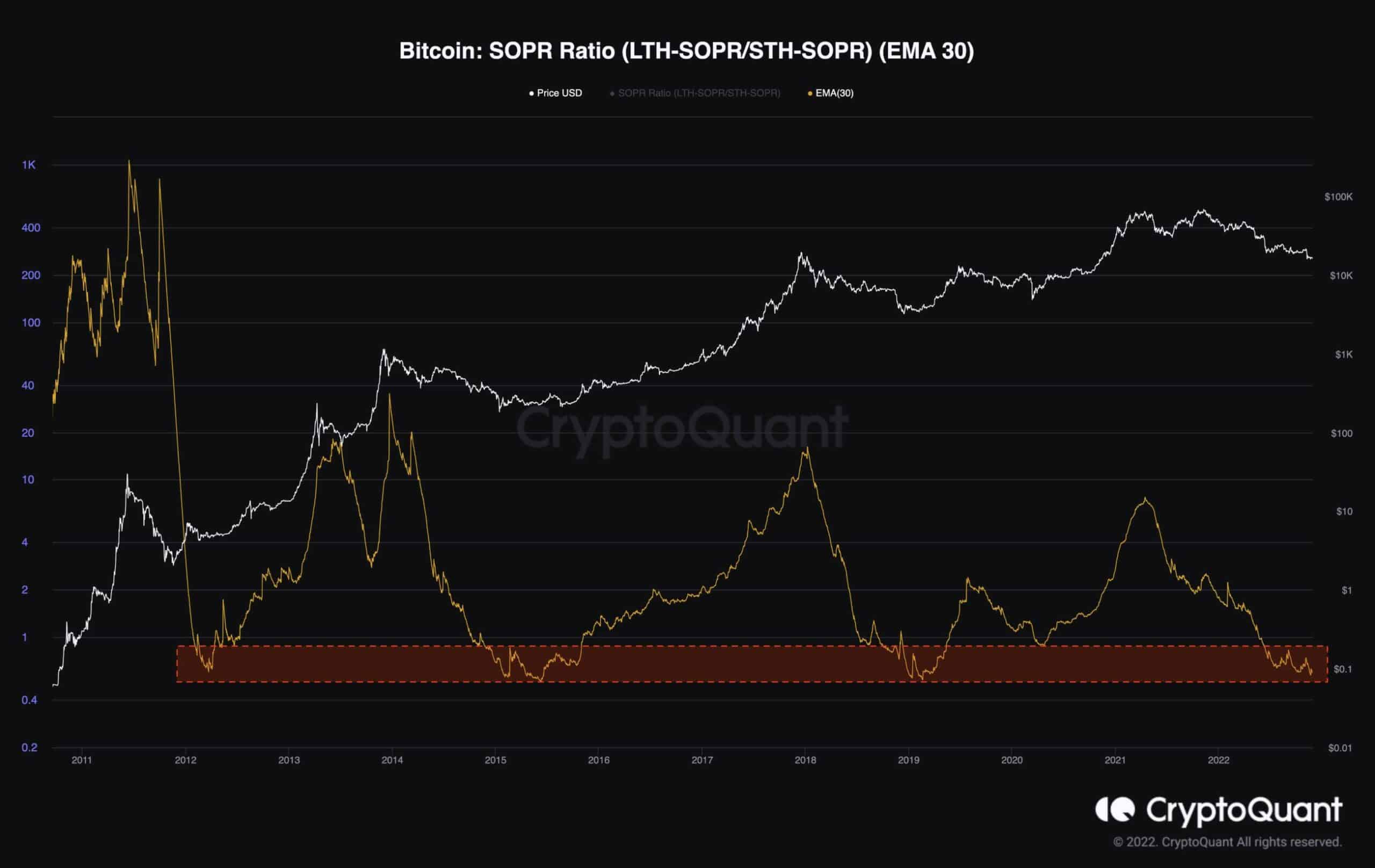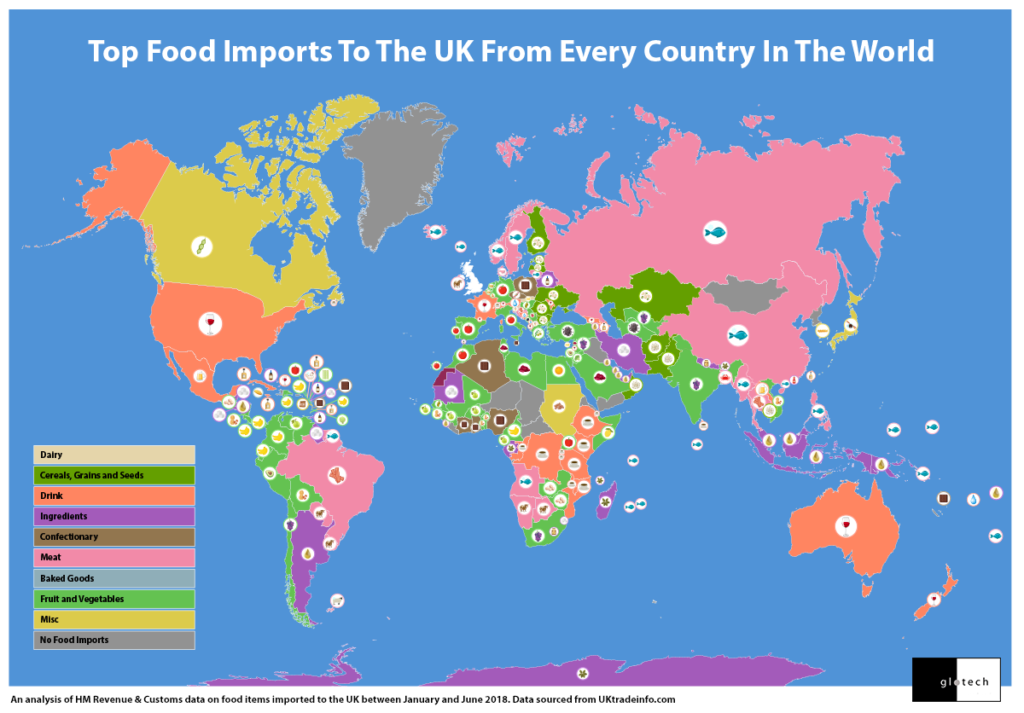Let’s be crystal clear: the fragile ceasefire struck between the US and the Houthi rebels in Yemen is not a game-changer for Israel. While the Biden administration is eager to tout any win in a volatile region, the Houthis are expertly playing their cards, and frankly, calling Washington’s bluff.
Houthi spokesperson Abdul-Salam made it unequivocally clear – this agreement is about self-defense and a halt to American attacks on Yemen. Israel isn’t even on the table. Don’t let anyone spin this as regional stability; it’s a tactical pause, nothing more.
Interestingly, just as these murmurs of a ceasefire surfaced, the IDF reported intercepting a missile launched from Yemen – falling, thankfully, outside Israeli territory. Coincidence? I think not. It’s a clear message: the threat remains, and the Houthis aren’t shy about flexing their capabilities.
Now, let’s dig into the core of this situation. The Houthis’ actions are rooted in their support for Palestinians and opposition to Israeli policies. They see themselves as part of a broader resistance movement.
This isn’t simply about shipping lanes; it’s about a complex web of regional alliances and grievances. Understanding this is crucial. The Houthis are not a monolithic entity but represent a complex sociopolitical force in Yemen.
Furthermore, the US’s attempts to de-escalate are hampered by the intricacies of Yemen’s internal conflicts. There are many players, and a simple ceasefire with the Houthis won’t suddenly resolve the underlying issues.
This situation underscores a fundamental truth: lasting peace in the Middle East requires addressing the root causes of conflict, not just slapping band-aids on symptoms. And right now, the symptoms are multiplying.







